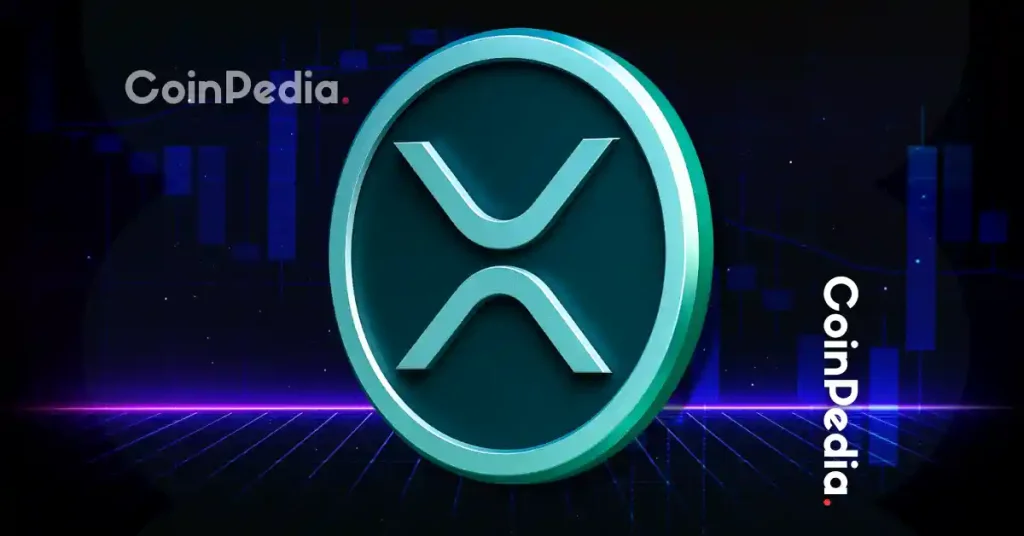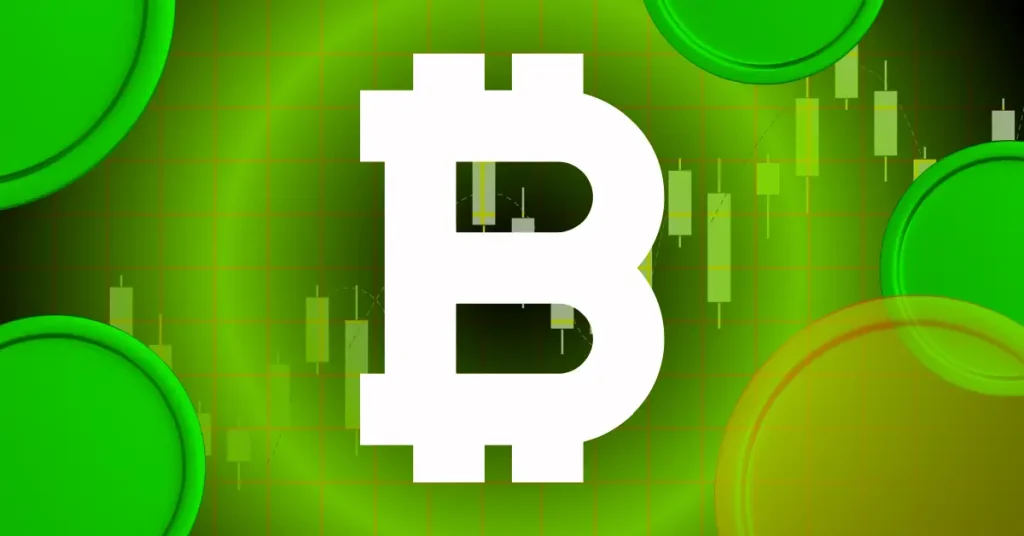
Ripple has won a partial victory in court with the SEC (U.S. Securities and Exchange Commission), bringing a bit of regulatory clarity to the industry.
The US District Court for the Southern District of New York ruled today that Ripple’s sale of XRP through exchanges and algorithms does not constitute an investment contract. However, sales to institutional investors violate federal securities laws.
XRP rose following the ruling, with cryptocurrency exchange Gemini saying it could list XRP. But experts say the ruling at this stage falls short of resolving the question of whether XRP is a security.
Under Gensler, the SEC has argued that most cryptoassets are securities, requiring issuers to go through a registration process (which can be time-consuming and cumbersome) before they can be sold, and exchanges requiring brokers to trade before listing.・It insisted that I need to register as a dealer. The industry argues that it is unclear how laws enacted in the analog era will apply to asset classes born from the internet.
…this decision raises more questions than it answers. How can a thing be a security in one transaction, but not in another? UK legal doctrine evolve to answer this (the “Third Thing” concept). In US, it has not; Congress will get involved and clear things up soon.
—Preston Byrne (@prestonjbyrne) July 13, 2023
…This ruling raises more questions than answers. What does it mean to be a security in one transaction and not in another? English legal theory evolved to answer this (the concept of the ‘third thing’). Not so in America. I hope that Congress will get involved and resolve the matter soon.
The court has partially granted plaintiffs’ claims in a symbolic case against the SEC’s blockchain platform. In 2020, the SEC filed a lawsuit against the company, CEO Brad Garlinghouse and co-founder Christian Larsen for failing to register XRP as a security before selling about $1.3 billion worth of XRP.
SEC v. Ripple in brief:
Ripple putting XRP on exchanges for trading (and funding their operation with those sales) is NOT an investment contract, and therefore not a security.
Ripple paying people in XRP is NOT an investment contract and therefore not a security.
XRP is NOT a… https://t.co/FzlPbkKH21
— Bill Hughes : wchughes.eth  (@BillHughesDC) July 13, 2023
(@BillHughesDC) July 13, 2023
SEC vs. Ripple Overview: Ripple’s placing XRP on exchanges for trading (and using the proceeds to fund its operations) is not an investment contract and therefore not a security.
Ripple pays in XRP is not an investment contract, so in securitiesdo not have.
XRP is…
judgment
Ripple first sold approximately $728.9 million worth of XRP directly to institutional investors, hedge funds and others, according to the U.S. Court for the Southern District of New York. The ruling states that these “institutional sales” constitute the offering and sale of unregistered investment contracts in violation of federal securities laws. Investors are believed to have bought XRP in hopes of profiting from Ripple’s efforts.
Ripple used the proceeds from the sale to institutional investors to “promote and increase the value of XRP by developing uses for it and protecting the XRP trading market,” the ruling said. there is
The SEC’s motion was granted for institutional sales, but otherwise denied.
On the other hand, “programmatic sales” of XRP through exchanges or algorithms are not considered securities sales. The reason is that the SEC cannot conclude that a speculative investor had a “reasonable expectation of profit from the entrepreneurial or managerial endeavours of others.”
(11/12)
1) Everyone knew they were buying from Ethereum Foundation (which the Ripple Court found significant) but also,
2) The Eth purchased during the pre-sale was subject to lockup period, which was significant in finding the Institutional Investors bought XRP as a security pic.twitter.com/YQW2Hn0c9S
— Bryan Jacoutot (@BryanJacoutot) July 13, 2023
I don’t want to underestimate that this is a definite win for Ripple. But it may be a temporary victory. I think the judge got the law wrong.
But even if not, many projects (Ethereum included) are still at risk. And the courts left many other thorny securities issues unresolved.
“Moderate purchasers through the program, who are generally less skilled investors, read and decipher multiple documents and statements highlighted by the SEC with similar ‘understandings and expectations’ (institutional investors). The documents and statements include comments (sometimes inconsistent) are included.”
Garlinghouse and Larsen’s own XRP sales fall into this category, the ruling said.
Another allegation of “assistance claims” against two SEC executives is that the court said, “Did Larsen and Garlinghouse know that federal securities laws apply to XRP? It is not clear whether they ignored it.”
“We said in December 2020 that we would be on the right side of the law and on the right side of history. Thank you to everyone who has worked with us leading up to today’s verdict. This is for all crypto innovation in America.More innovation to come,” Garlinghouse tweeted after the ruling.
|Translation: CoinDesk JAPAN
|Editing: Takayuki Masuda
|Image: Shutterstock
|Original: Ripple, Crypto Industry Score Partial Win in SEC Court Fight Over XRP
The post Ripple vs SEC, explain the content of the ruling ── Ripple partially wins | CoinDesk JAPAN appeared first on Our Bitcoin News.

 2 years ago
150
2 years ago
150














 English (US) ·
English (US) ·